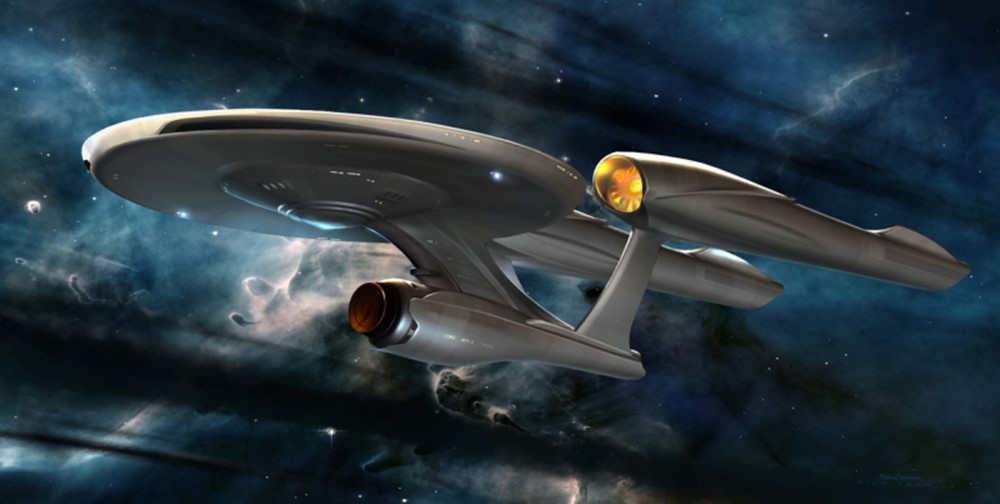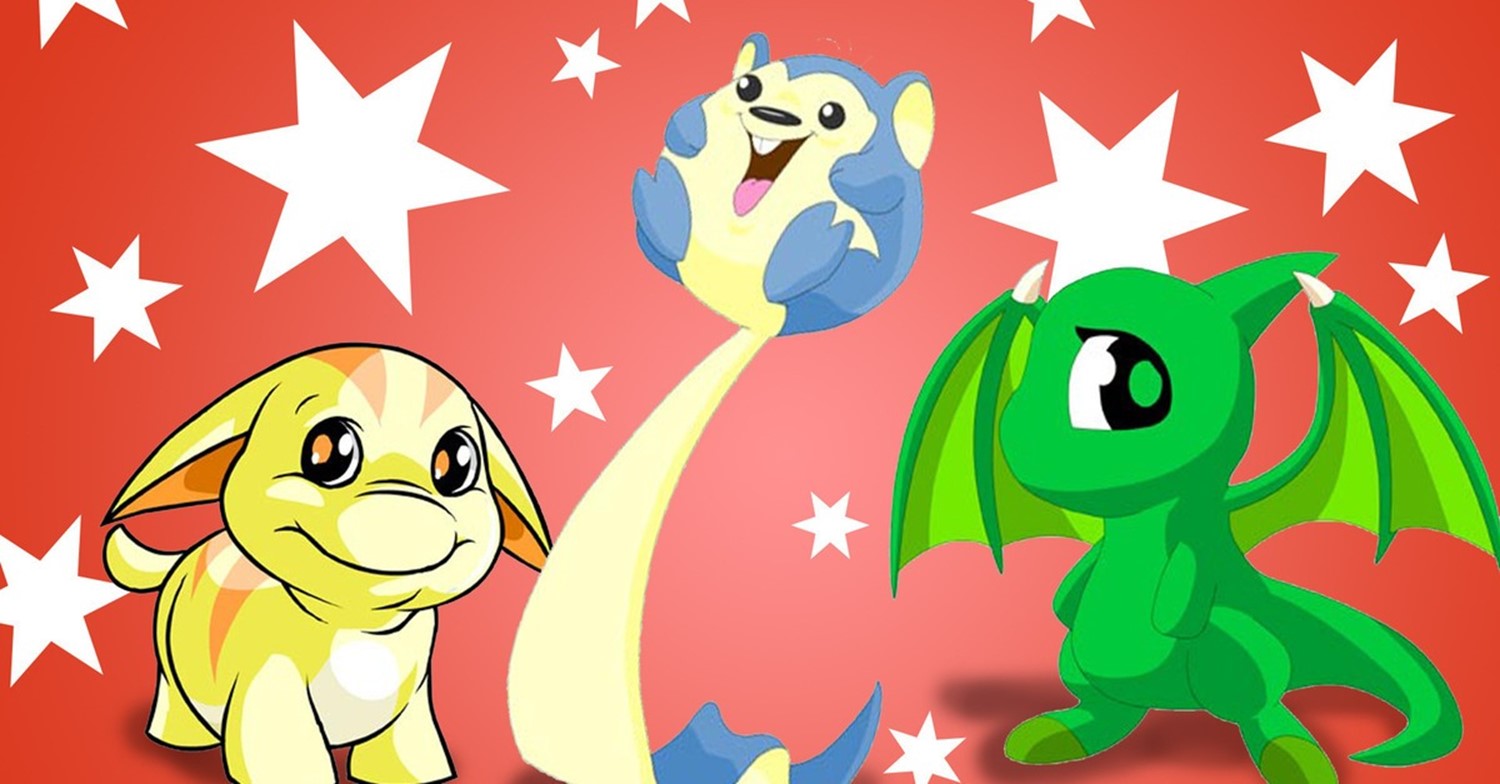The Defining Ingredients Of National Cuisines
August 10, 2015 in Daily Bulletin

Dan Kopf looked into what makes a region’s food distinctive:
- A cuisine becomes associated with certain ingredients usually because of either geography – such as fish in Japan – or cultural history, such as ham in Spanish food.
- An analysis of the most popular ingredients by cuisine shows that for Americans butter is the most common part of any recipe.
- This isn’t confirmation of the trope about Americans and obesity – in most cuisines (including European, Mediterranean, and Middle Eastern) some sort of cooking lubricant like butter or oil is the most common ingredient.
- But an analysis of the most unusually distinctive ingredients is more interesting. For example Galangal – Siamese ginger – is in over 10% of Thai dishes, but only in 0.1% of other cuisine’s dishes, making it 100 times more common in Thai food.
- In the United States, the land of freedom and apple pie, applies are the most unusually common ingredient.
- For the Greeks its feta cheese.
- For Southwesterners its grits.
- For the Irish it is, of course, whiskey.
The full article talks about many other types of cuisine including Chinese, African, Mexican and Indian. It also has some musings on things such as the centrality of eggs in Jewish food. You should read it here.
Source: Priceonomics
Via: Marginal Revolution

















Join the Discussion! (No Signup Required)